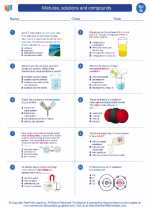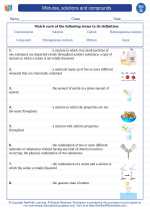Antidiuretic Hormone (ADH)
Antidiuretic hormone (ADH), also known as vasopressin, is a hormone produced by the hypothalamus and released by the pituitary gland. It plays a crucial role in regulating the body’s water balance by controlling the amount of water excreted by the kidneys.
Functions of ADH:
- Water reabsorption: ADH acts on the kidneys to increase the reabsorption of water, leading to a reduction in the volume of urine produced. This helps in conserving water when the body is dehydrated.
- Constriction of blood vessels: ADH also has vasoconstrictive effects, leading to an increase in blood pressure. This helps to maintain blood pressure and ensure adequate blood flow to vital organs.
Regulation of ADH Release:
The release of ADH is tightly regulated by the body's internal environment. Factors such as blood osmolarity (concentration of solutes in the blood), blood volume, and blood pressure play a key role in stimulating or inhibiting ADH release.
Disorders Related to ADH:
Imbalances in ADH levels can lead to various health issues. For example, an excess of ADH can result in a condition called syndrome of inappropriate antidiuretic hormone (SIADH), leading to water retention and low sodium levels in the blood. On the other hand, a deficiency of ADH can cause diabetes insipidus, characterized by excessive thirst and excretion of large volumes of dilute urine.
Study Guide:
When studying ADH, it's important to focus on the following key points:
- The role of ADH in regulating water balance
- Mechanism of action of ADH on the kidneys
- Factors that regulate the release of ADH
- Effects of ADH on blood pressure
- Common disorders related to ADH imbalances





